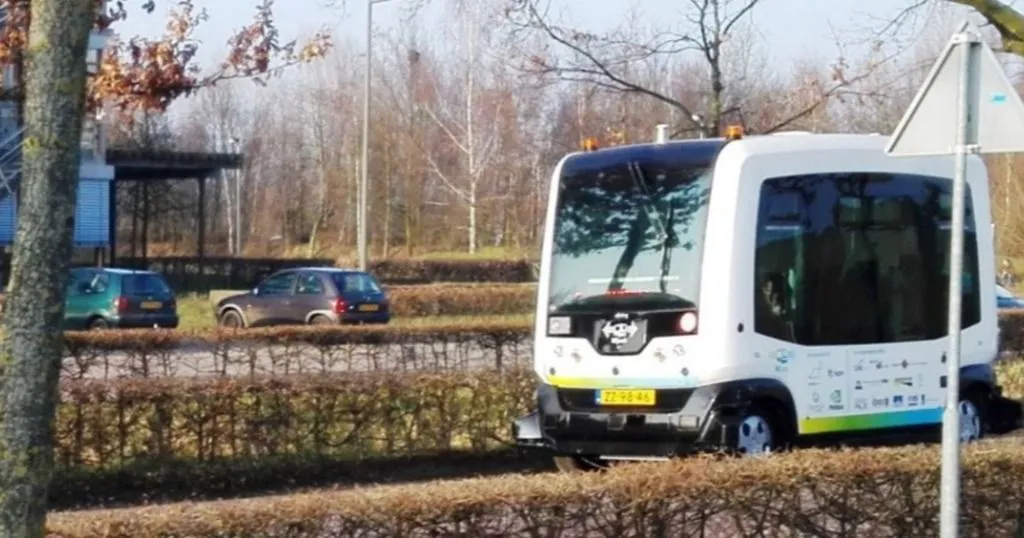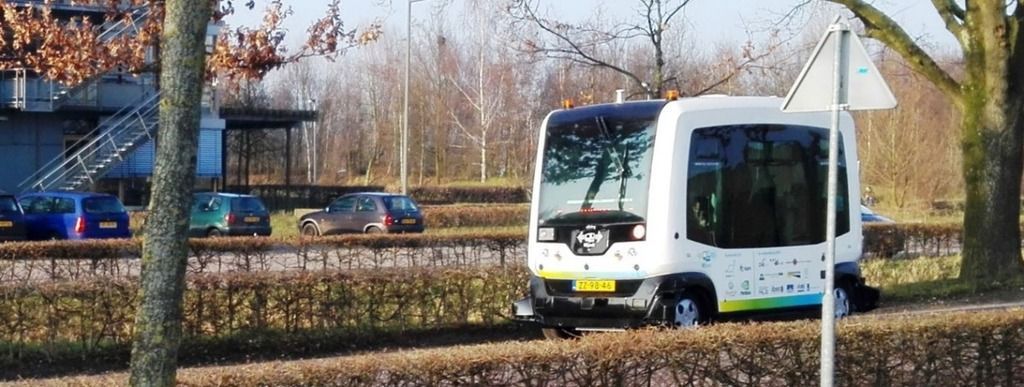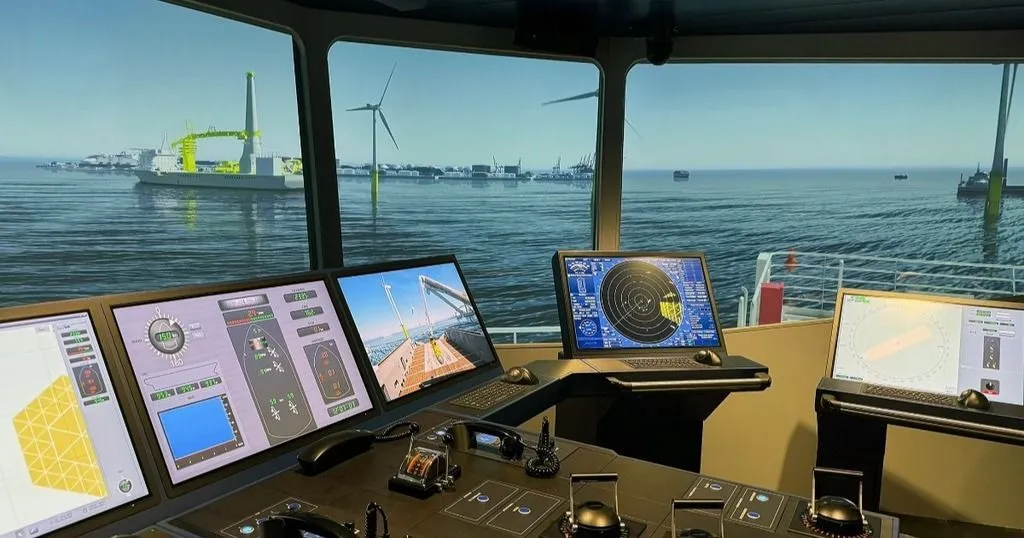Interacting with autonomous cars
When I get in the train next week at the Düsseldorf airport, I know that there is something different about it in comparison to a normal train.
Posted by
Published on
Fri 27 Oct. 2017
Topics
| Attention | DriveLab | Driver Behavior | Mental Workload | Sleep Research | Stress |

When I get in the train next week at the Düsseldorf airport, I know that there is something different about it in comparison to a normal train. It drives itself; there is no human driver. The first time I rode in that train, it seemed a bit odd. Now that I’ve ridden that train a few times, I’m used to it and it is normal. Will it feel normal once our cars start driving themselves as well? We can already buy cars that park themselves and automatically slow down when they get too close to the car in front of them. Once cars start to do much more on their own, how much trust will we have in them?
Humans vs computers
On the one hand, we know that people are pretty poor at tasks involving monitoring. We get bored, sleepy, and distracted by our smartphones. On the other hand, computers and robots are good at monitoring things; they don’t know what boredom means. Everybody expects that this will lead to a great increase in road safety. Probably in a few decades, we will look back with horror at the road accident statistics from today, hardly able to believe that we let people control those dangerous high-speed machines. But when it does go wrong, humans have one advantage over computers: they are much better at improvising.

Self-driving WEpod in Wageningen
Driver safety
The human driver will probably still need to be able to intervene on occasion, but when something goes wrong and the computer doesn’t know what to do in the face of the impending accident, will we be able to intervene fast enough? Will the skills we need to do this be the same as the skills that our current driving tests examine us for?
That is where the Prautocol project comes in.
The HAN university of applied sciences has put together a consortium of specialists to investigate how certification will need to change with the advent of autonomous cars — both the certification of the car and of the driver. For instance, Noldus will be developing its tools for measuring the behavior of the driver for aspects like attention/boredom, mental workload, and stress. As the technology in the car develops in the coming years, it will be critical not to forget about how people will need to interact with autonomous vehicles to ensure that the new vehicles will not only be safe on paper, but also safe out in the real and more complicated world.
Interested in learning more? Stay tuned!
Related Posts

Human Factors and Ergonomics research in the spotlight

Alexa, Siri, Google – Are voice assistants the future of marketing?
